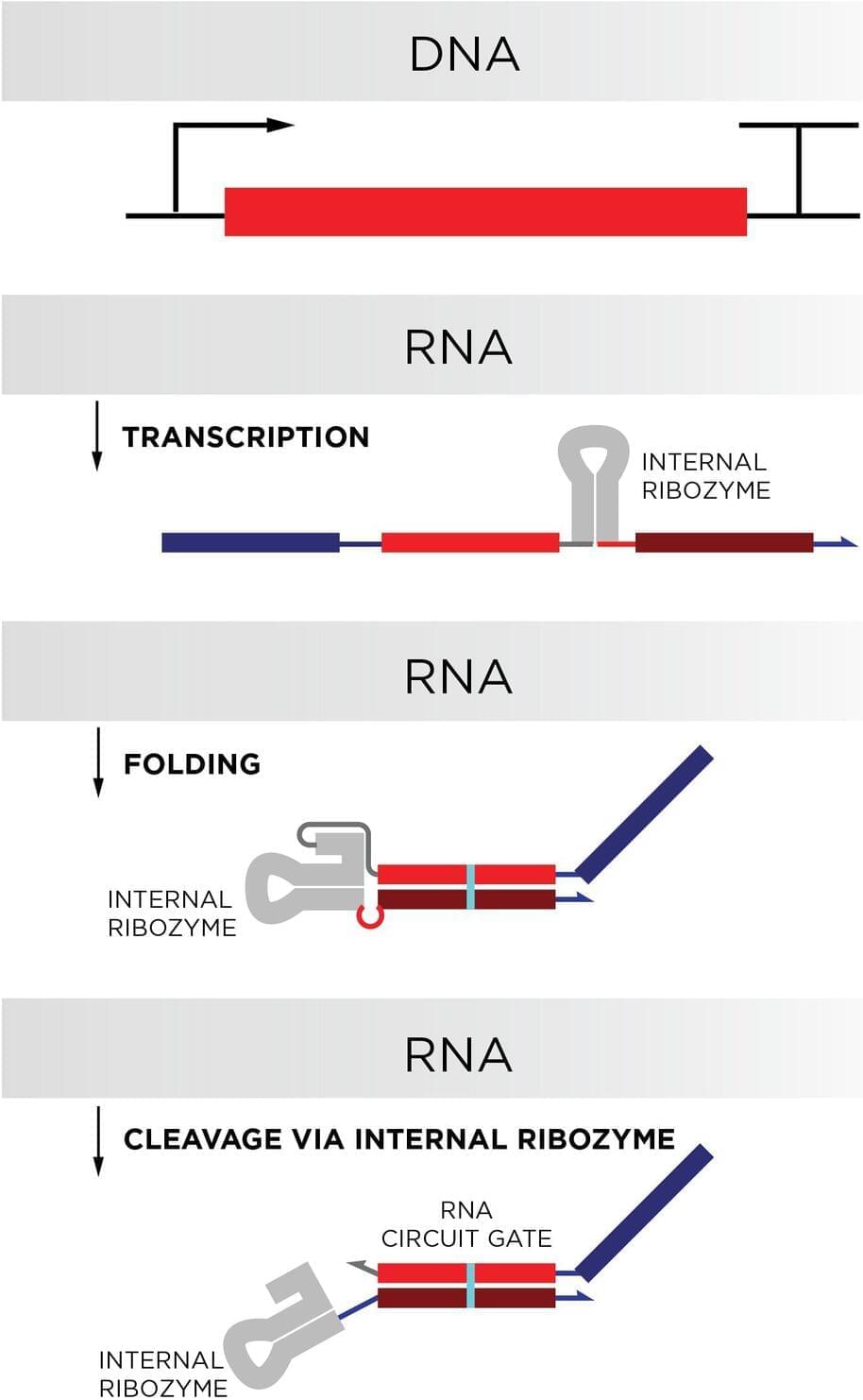Tiny biological computers made of DNA could revolutionize the way we diagnose and treat a slew of diseases, once the technology is fully fleshed out. However, a major stumbling block for these DNA-based devices, which can operate in both cells and liquid solutions, has been how short-lived they are. Just one use and the computers are spent.
Now, researchers at the National Institute of Standards and Technology (NIST) may have developed long-lived biological computers that could potentially persist inside cells. In a paper published in the journal Science Advances, the authors forgo the traditional DNA-based approach, opting instead to use the nucleic acid RNA to build computers. The results demonstrate that the RNA circuits are as dependable and versatile as their DNA-based counterparts. What’s more, living cells may be able to create these RNA circuits continuously, something that is not readily possible with DNA circuits, further positioning RNA as a promising candidate for powerful, long-lasting biological computers.
Much like the computer or smart device you are likely reading this on, biological computers can be programmed to carry out different kinds of tasks.
